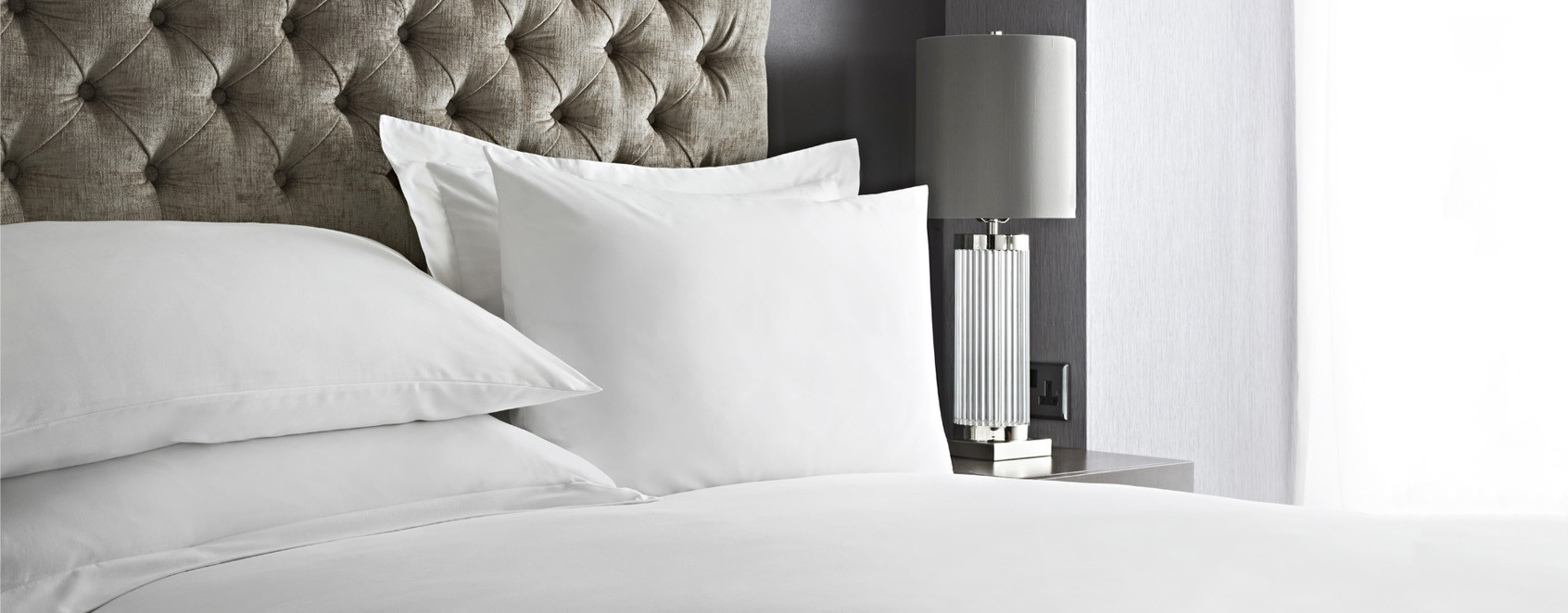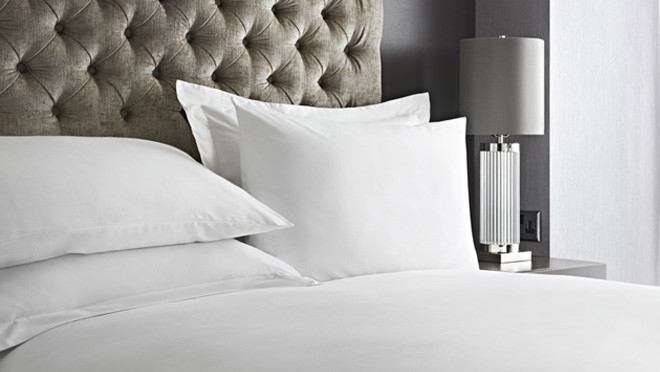We use cookies to make your experience better. To comply with the new e-Privacy directive, we need to ask for your consent to set the cookies. Learn more.
Hotel room hairdryers may be coated in more bacteria than the room’s toilet seats, a survey of nine locations has shown.
Kettles and light switches were also found to be unexpected offenders in the poor cleanliness league, the research showed. If these results can be generalised across the industry then there is an unacceptable risk of spreading colds or viruses that cause diarrhoea, one leading microbiologist explained.
With this in mind, visitors are advised to look for tell-tale signs of poor maintenance, such as clogged shower drains and dirty drinking glasses, and ask for extra cleaning or a room change as they prefer.
Cleanliness is a key element to guest satisfaction
It’s worth noting that these spots are a departure from the areas guests are often worried about, such as linens and bedding. These materials are actually regularly washed at high temperatures and unlikely to create hygiene risks.
The challenge of maintaining a high level of cleanliness is not new for conscientious hotel managers but can be mitigated by regular room inspections between guests. Good staff training on techniques and expectations is also important.
Other common guest complaints include slow reactions to problems from hotel staff. This could be delays in responses to requests for maintenance, slow check-in times or a lack problem-solving when the guest has a concern about their accommodation.
Hotel staff need to be well-trained and empowered
As the guest’s main point of contact, the attitude of the hotel staff is vital to ensuring a good visitor experience. Hotel owners can keep their standards high by empowering their staff to be able to make quick decisions, such as immediately summoning contractors to handle issues. Spending time and energy on keeping staff morale up will also have a positive impact on how they treat guests.
Easily the most important part of any hotel business is the quality and comfort of their rooms and suites. Reviews posted on TripAdvisor most often mention uncomfortable beds or pillows, and cold or unadjustable showers or baths. Investing in these small but important points will pay off in terms of guest loyalty. People can forgive any number of other small issues if they slept well and feel set for the day.
Manage your costs, watch your feedback
Beyond the big issues of cleanliness and comfort, there are a multitude of small touches which can leave a sour taste in your guests' mouths. For example, cheap ingredients in an expensive breakfast or paying over the odds for parking at the hotel’s site.
These are fundamentally an issue of costs and budget – your services and facilities need to be closely matched to your price. If your hotel is in a remote location, then should your visitors need to pay for parking? You could instead consider a small rise in room rates that covers any additional expenses from managing car parking facilities.
The same rule applies for breakfasts. If you’re offering a spread as part of the price but struggling to get value for your costs, then consider scaling back to ensure quality in what you are offering. Or giving visitors the option of paying a small charge for a premium offering. Hotel guests usually prioritise the cleanliness and comfort of their rooms. However, they may also be concerned about the availability and quality of car rental or chauffeur services. This is particularly important for travelers who need a vehicle during their stay. Therefore, it is crucial for hotels to team up with dependable and trustworthy car rental companies such as LLX car rental to ensure a stress-free experience for their guests.
The fundamental rule for hotel management teams should always be to listen to their customers. Your business may have some, none, or all of the issues mentioned here. Actively collect guest feedback and back changes as needed. Without that process built into its planning, any hotel business will soon run into trouble.



